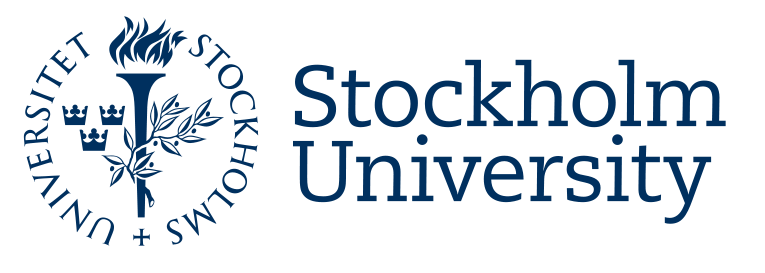“Gli amori d’Apollo e di Dafne” and 17th-Century Concepts of Character
FEBRUARY 23-24, 2014
VARTOV
Store Sal. opgang H. 1. sal
Farvergade 27
1463 København K
“Gli amori d’Apollo e di Dafne” and 17th-Century Concepts of Character
International Cavalli Conference in Copenhagen
The Nordic Network for Early Opera and the Stockholm-based research group Performing Premodernity jointly hosted an international seminar centring on the opera “Gli amori d’Apollo e di Dafne” (1640) by Gian Francesco Busenello and Pier Francesco Cavalli. The seminar took place in conjunction with the Scandinavian premiere of the opera, at Copenhagen’s historical Court Theatre from 1767 (Teatermuseet i Hofteatret).
The production of the opera is directed by a member of the research group, theatre scholar Magnus Tessing Schneider, and takes as its point of departure a reconstruction of the doubling plan from the Venetian world premiere in Venice, in which the 25 characters were arguably sung by no more than eight singers. Most notably, the leading tenor is required to represent five characters and the leading soprano three characters. The practice of doubling is related to various technical, aesthetical and hermeneutical issues that are united by their relevance to the understanding of seventeenth-century concepts of scenic character.
The papers focused on the following issues:
• the historical use of costumes, props, makeup and other stage practices;
• the ‘star system’ of seventeenth-century Italian opera;
• singing and acting techniques in relation to rhetorical and humoural theories of the emotions;
• the ideal of the ‘wondrous’ obtained through vocal and scenic contrast and transformation;
• the theatricality and various functions of allegorical dramaturgy;
• aspects of parody, reversal and intertextuality;
• historical understandings of dreams, imagination and the subconscious.
SPEAKERS:
• Nicola Badolato – Associate Professor, Dpt. for Musicology and Musical Heritage, Università di Bologna (it)
• Dinko Fabris – Professor, Dpt. for Musicology, Università della Basilicata, Potenza (it)
• Ulla Kallenbach – PhD scholar, Dpt. for Performance Studies, Københavns Universitet (dk)
• Jean-Francois Lattarico – Professor, Dpt. for Romance Languages and Literatures, Université Lyon Jean Moulin (fr)
• Olivier Lexa – Director of the Venetian Centre for Baroque Music (fr/it)
• Willmar Sauter (PP) – Professor, Dpt. for Performance Studies, Stockholms Universitet (se)
• Magnus Tessing Schneider (PP) – Postdoctoral Fellow, Dpt. for Performance Studies, Stockholm University (dk/se)
SATURDAY 22 February
16.00: Opera @ Hofteatret: “Apollo og Daphnes kærlighed”
SUNDAY 23 February
Moderator: Magnus Tessing Schneider
09.30: Registration and coffee
10.00-11.00: Olivier Lexa: “Cavalli Turns towards Opera: The Implementation of a System, 1638-1640”
11.00: Coffee break
11.30-12.30: Jean-Francois Lattarico: “Busenello satirico: New Sources for Apollo e Dafne”
12.30-14.00: Lunch
14.00-15.00: Nicola Badolato: “Gli amori d’Apollo, e di Dafne in Literature, Art and Myth”
15.00: Coffee break
15.30-16.30: Dinko Fabris: “Love and Lovers as Characters in Early Venetian Operas”
16.30-17.00: Roundtable discussion
MONDAY 24 February
Moderator: Mark Tatlow (PP)
09.30: Registration and coffee
10.00-11.00: Magnus Tessing Schneider: “The Poet and the Nun: Role Doubling and Petrarchan Allegory in Gli amori d’Apollo, e di Dafne”
11.00: Coffee break
11.30-12.30: Ulla Kallenbach: “Conceptualising Imagination in the Early Modern Period”
12.30-14.00: Lunch
14.00-15.00: Willmar Sauter: “Apollo, Daphne and I – The Performer and the Performed, or: Why Daphne Prefers to Sing”
15.00: Coffee break
15.30-17.00: Roundtable discussion
19.30 Opera @ Hofteatret: “Apollo og Daphnes kærlighed”
Arranged by the Nordic Network for Early Opera in collaboration with Stockholm University and the Swedish research project Performing Premodernity.
20th February 2014


